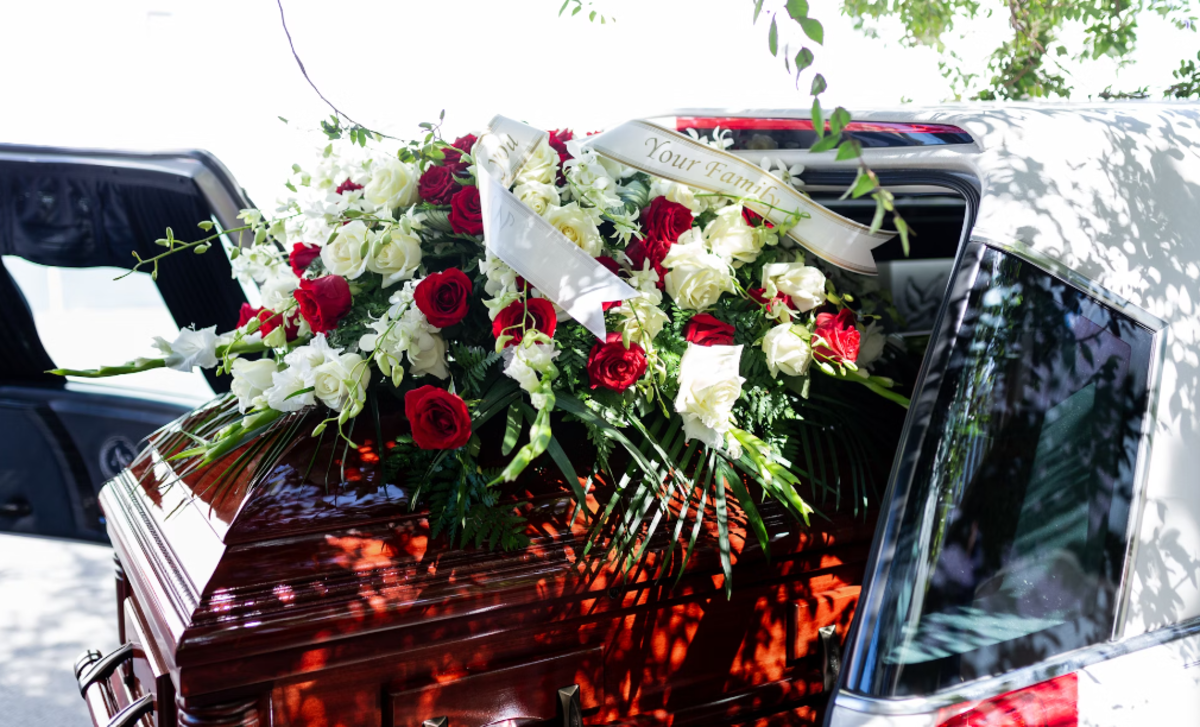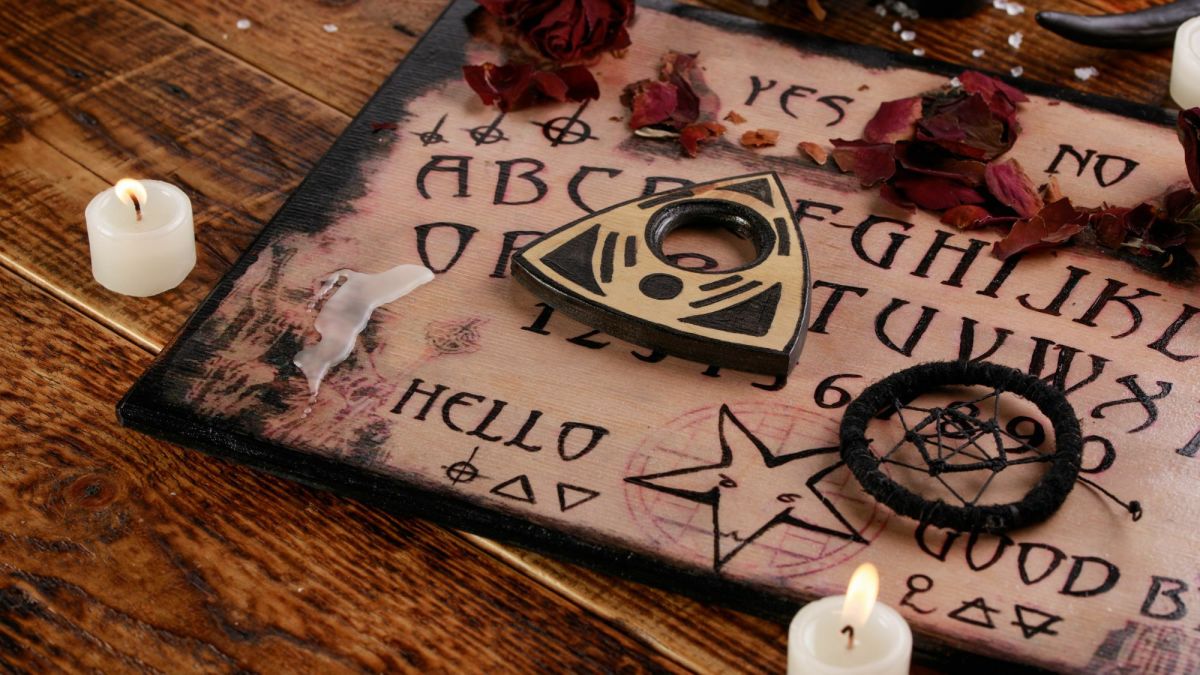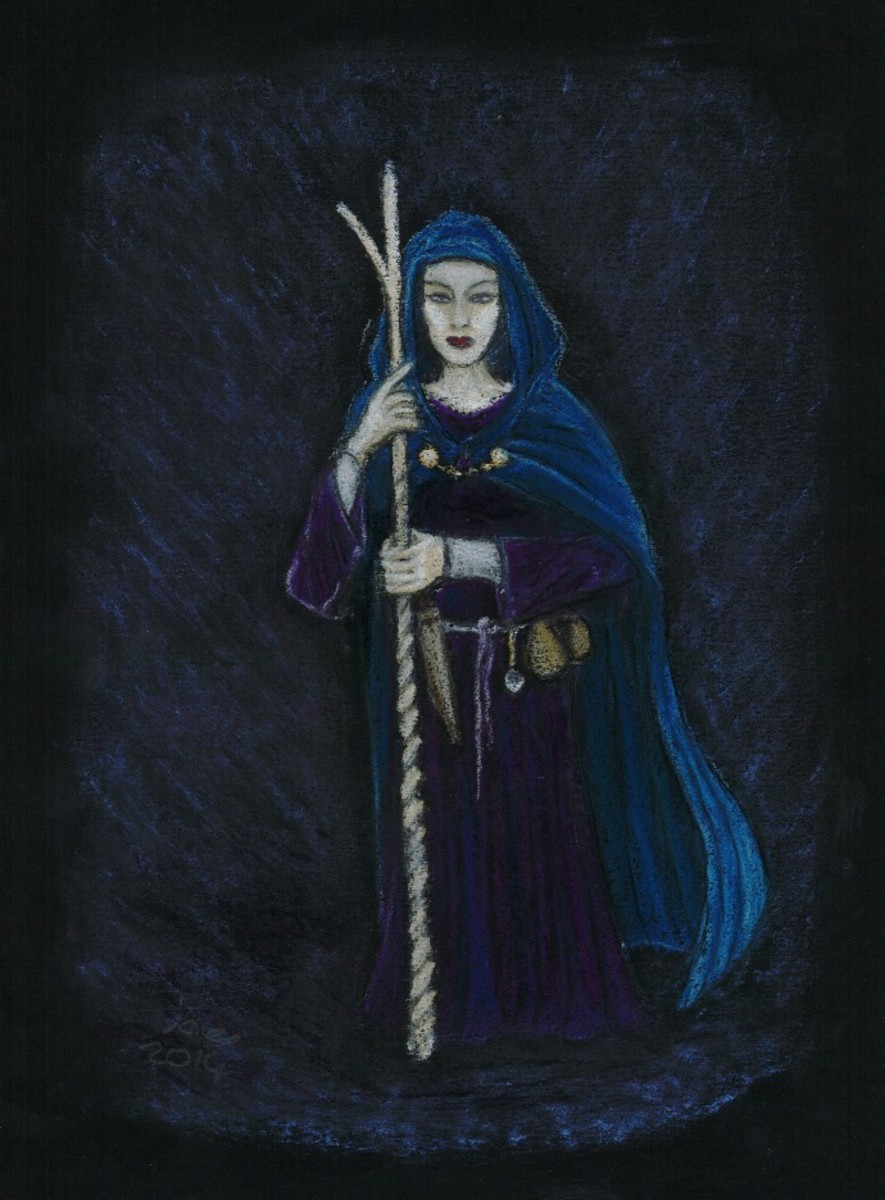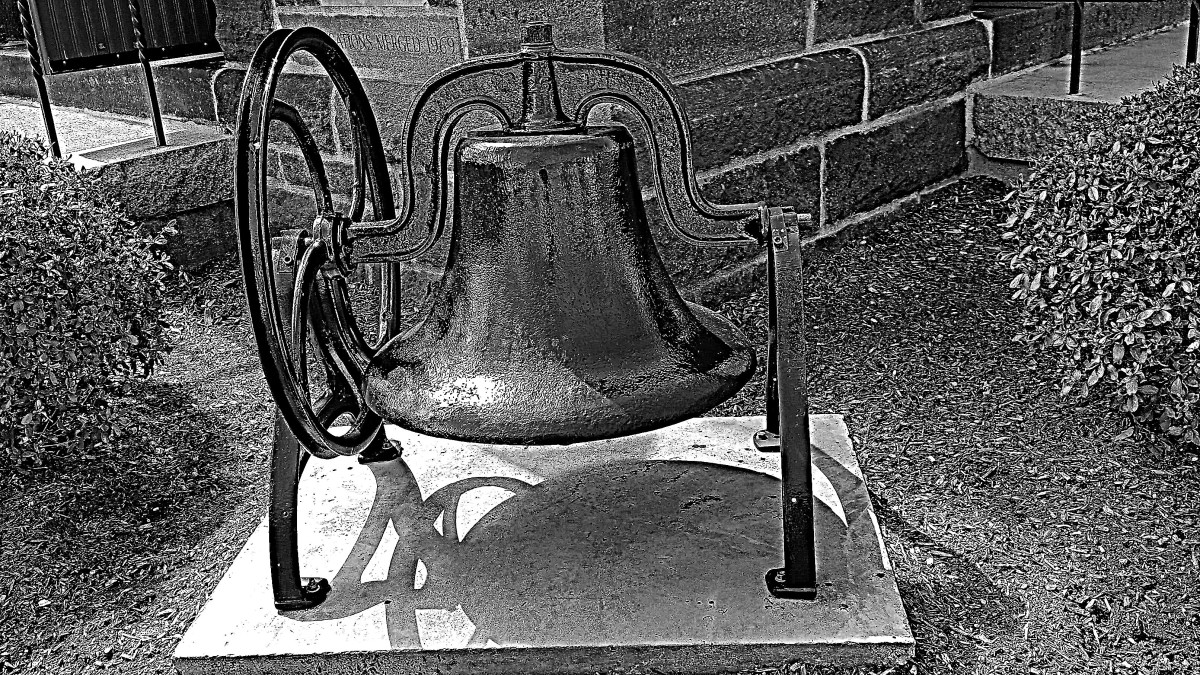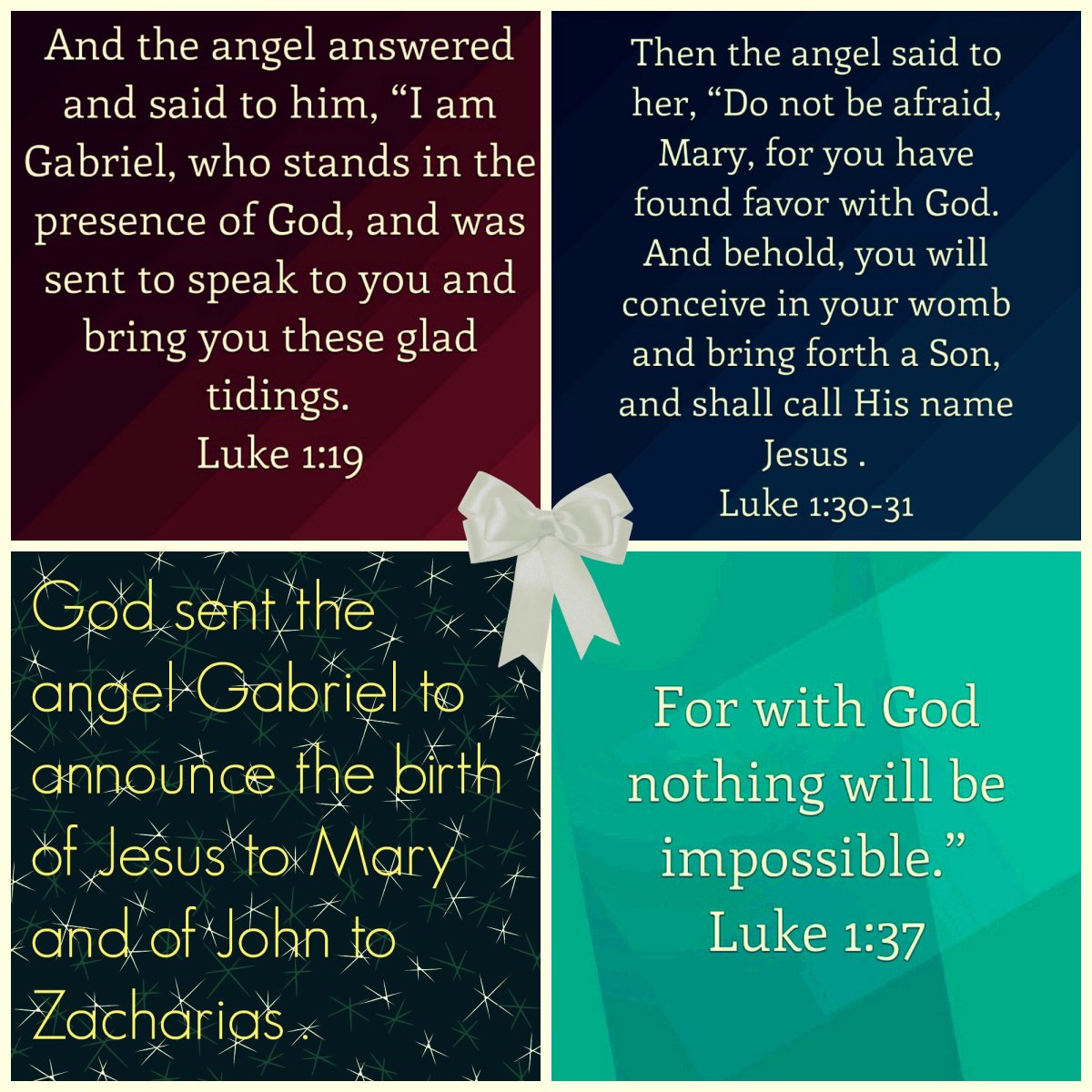Halloween: Is It Scriptural?
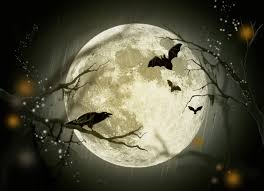
Welcome. Since Halloween (or All Hallows Eve) is coming up in about a week and a half I decided now would be a good time to discuss the celebration of this day with fellow believers. On October 31st people will be dressing up as monsters, characters, and more, going door to door asking for candy, partying, and decorating their house in jack-o-lanterns and skeletons. Is this beneficial for the church? To answer this question we must look into the origins of Halloween.
- The Celtic Origin
- The Scriptures
- What Now?
The Celtic Origin
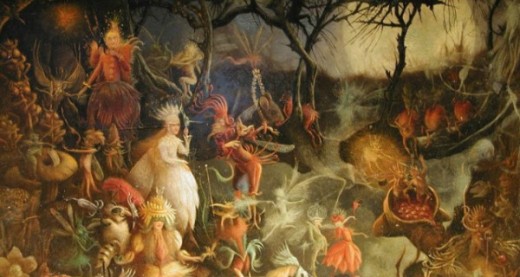
The origin of this celebration comes from a pagan holiday called Samhain. where it is believed that the division between this world and the spirit realm weakened, allowing spirits to pass through. The spirits of ancestors were well received while harmful spirits were warded off. People wore costumes and masks to disguise themselves as harmful spirits to protect themselves Bonfires and food played a large part in the festivities. This is almost like how we do today. Every year we dress ourselves up, usually as something we find scary.
Christians attempted to incorporate the honoring of the dead by forming All Saints Day (All Hallows) on November 1st, followed by All Souls on November 2nd. The wearing of costumes and masks to ward off harmful spirits stayed as a tradition. When the Irish emigrated to America in the 19th century they carried their Halloween traditions to America, which is why so many of us celebrate it today. (Samhain - The Celtic roots of Halloween).
In the 19th century, "turnips or mangel wurzels, hollowed out to act as lanterns and often carved with grotesque faces," were used to represent the spirits or supernatural beings, or were used to ward off evil spirits. (Palmer, Kingsley (1973). Oral folk-tales of Wessex. David & Charles. pp. 87–88.)
As different beliefs and customs came together, the modern version of Halloween began to emerge. The first celebrations included
- “Play parties”
- Public events held to celebrate the harvest where neighbors would share stories of the dead
- Fortune telling
- Dancing and singing
Colonial Halloween festivities also featured the telling of ghost stories and mischief-making of all kinds, which is where we get "trick or treat" from.
In the late 1800s, there was a movement in America to mold Halloween into a day about community and coming together than about mischief and the supernatural. At the turn of the century. Halloween parties for people of all ages became the most common way to celebrate the day. (HISTORY OF HALLOWEEN).
Scripture
If you celebrate this day, odds are you might be dressing up as something supernatural like a witch, vampire, etc. Deuteronomy 18 10-12 tells us not to consult these things. You may say, "I'm not consulting them. I'm just dressing up as one for fun." Let me ask you a question. Can I dress up as Satan? Would it be alright for me to go celebrate this day by pretending to be the incarnation of all things evil? You might say no. But the same logic applies. If the Almighty is against these things why would you want to dress up as the thing he hates? The best thing to do is to not honor these things in any shape or form.
There is also the manner of these other traditions like decorating one's house for Halloween. Colossians 2 8 says to not let any man make us go after the tradition of men and not for the Savior. Deuteronomy 12 29-32 says that the way the heathens worshiped their gods was unacceptable and we know that they partook in rituals related to the dead like a lot of religions did back then. There is no appropriating what is evil in origin. So how can we as believers have anything to do with it? Even if your intent is harmless fun you may cause your spiritual family to stumble.
What Now?
I understand the appeal of this holiday just like the others, especially trying to make it into something scriptural. I myself tried this when I was younger. I was going to go to a church lock-in and go as a pastor. But the fact is that this holiday comes from heathens who worshiped something other than the Almighty. By celebrating this we let their traditions live on when we are to abstain from such things. We must treat such days as only days because of this. They do not benefit us in our spiritual walk. They only hinder us.
Peace and blessings, and all praises to the Most High.



